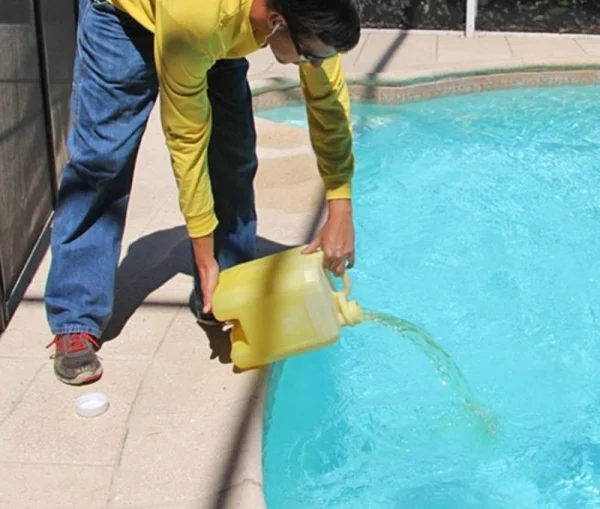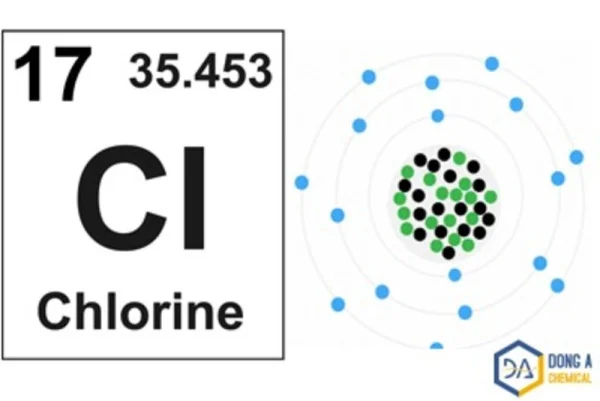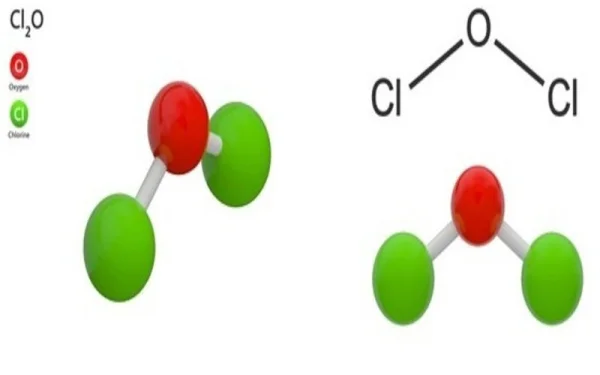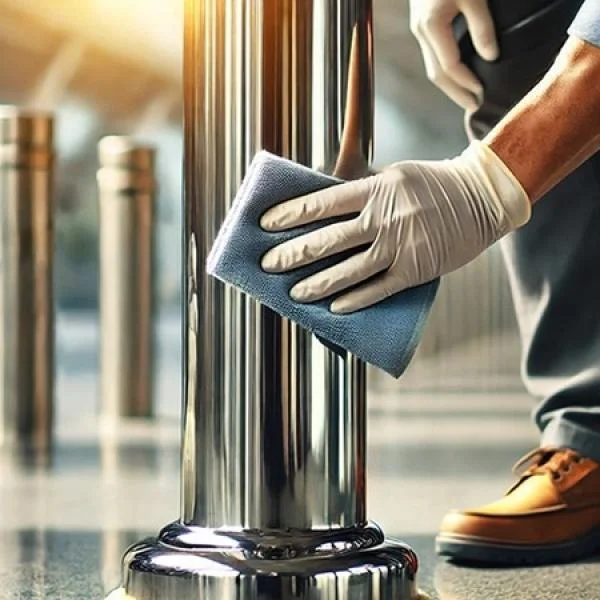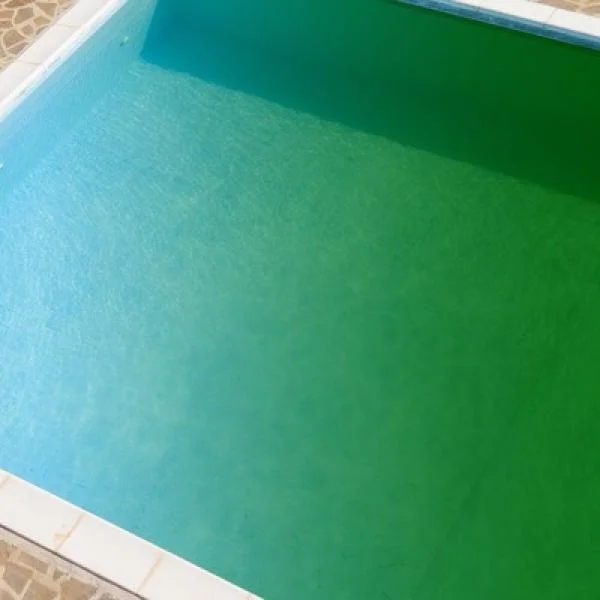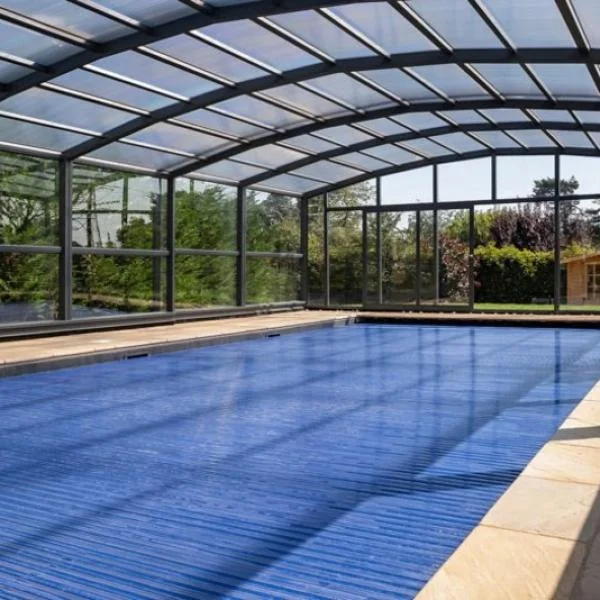
Proper swimming pool water treatment chemicals ensure they are free from harmful pathogens, algae, and contaminants while maintaining the right chemical balance to prevent skin and eye irritation. This article finds out the chemicals used in swimming pool water treatment, their functions, and best practices for their use.
Overview of Swimming Pool Water Treatment
Swimming pool water treatment by chemicals involves a series of processes aimed at maintaining water quality and safety. The primary goals are to ensure water clarity, eliminate harmful microorganisms, and balance the water chemistry to prevent equipment damage and ensure a safe swimming experience.
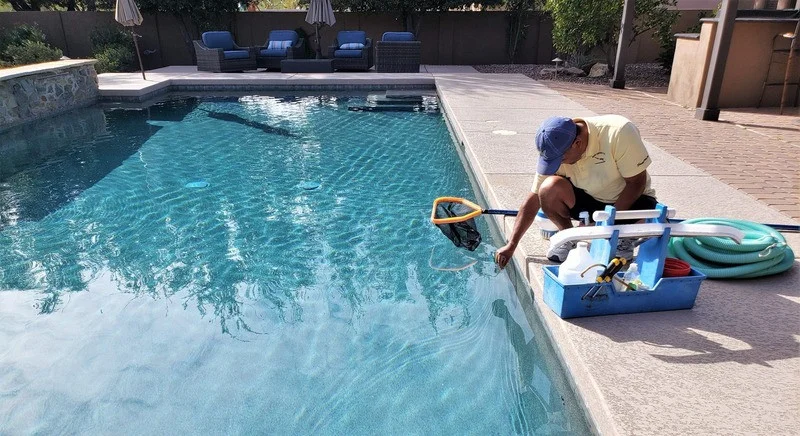
The Effect of Swimming Pool Water Treatment Chemicals
Swimming pool water treatment chemicals play a crucial role in maintaining water quality, safety, and clarity. These chemicals ensure that pools are free from harmful microorganisms, algae, and other contaminants, making the water safe for swimmers.
Disinfectants
Chlorine and bromine are essential for killing bacteria, viruses, and other pathogens. Chlorine, the most commonly used disinfectant, works by releasing hypochlorous acid, which effectively penetrates and destroys microbial cells. Bromine, while less irritating to the skin and eyes, is particularly effective in warm water environments like hot tubs.
pH adjusts
This way is used to maintain the optimal pH level of pool water, typically between 7.2 and 7.6. Proper pH levels ensure that disinfectants work efficiently and prevent skin and eye irritation. Sodium carbonate raises pH, while sodium bisulfate lowers it.
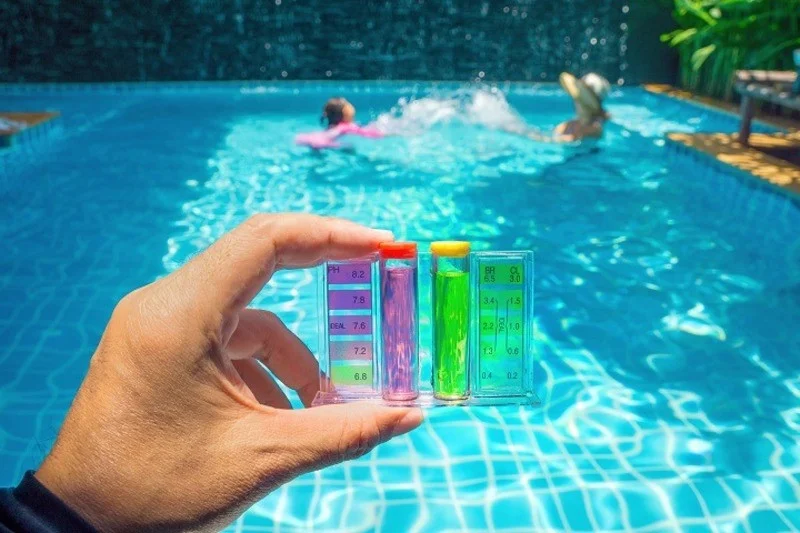
Algaecides
This method prevents and controls algae growth, which can turn pool water green and cloudy. Copper-based algaecides and quaternary ammonium compounds (quats) are common choices, each with specific advantages.
Flocculants
Using PAC coagulant chemicals helps remove suspended particles, improving water clarity. They work by aggregating fine particles into larger clumps that can be easily filtered out.
Swimming Pool Water Treatment Chemicals are Used Commonly
Swimming pool water treatment chemicals are essential for maintaining pool water clean and safe for swimmers. These chemicals manage water quality by disinfecting, balancing pH levels, preventing algae growth, and removing impurities.
Chlorine
Chlorine is the primary disinfectant used commonly in swimming pools today. It is effective in killing bacteria, viruses, and other pathogens, ensuring the water is safe to swim. Chlorine can be added to the pool in several forms, including liquid (sodium hypochlorite), granular (calcium hypochlorite), and tablets (trichlor and dichlor). Chlorine works by releasing hypochlorous acid, which penetrates and destroys the cell walls of microorganisms.
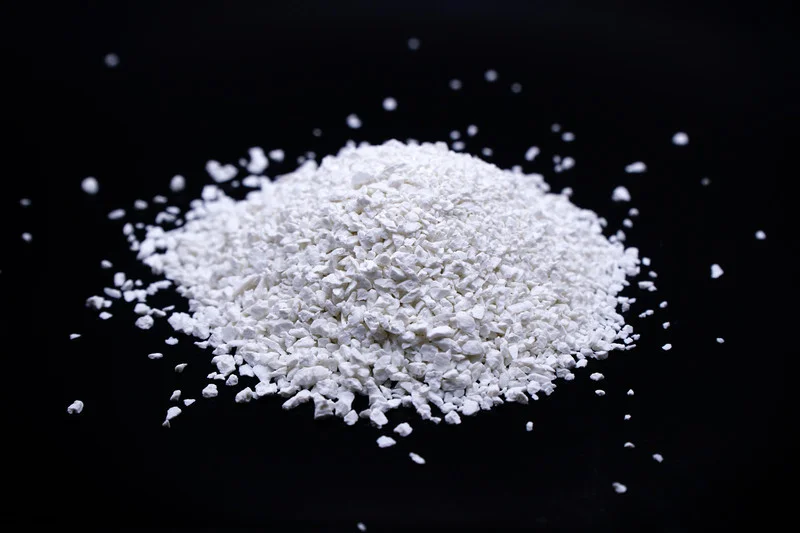
PAC coagulant chemicals
During the swimming pool operation, to ensure safety for everyone, the water source needs to be regularly treated with specialized chemicals such as PAC. Using PAC helps increase water clarity and prolong the filtration cycle, improving the quality of water after filtering. This chemical works by aggregating fine particles into larger clumps that can be easily filtered out. PAC operates stably at a pH range of 7.2 - 7.6, so heavy metal ions will precipitate and sink to the bottom. Besides, PAC has the ability to remove soluble and insoluble organic substances and heavy metals better than alum, water treatment with PAC chemicals provides cleaner water of higher quality. Therefore, developed countries almost always choose PAC for use in domestic water supply plants, and swimming pool water treatment.
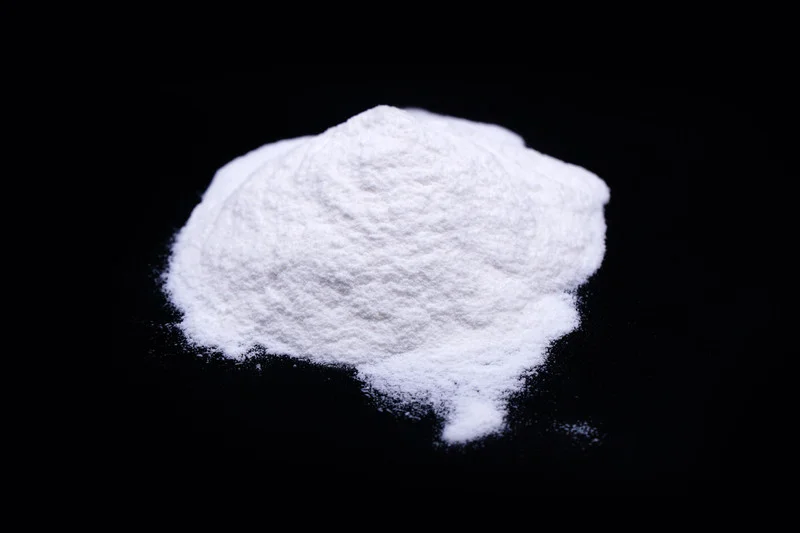
Aluminum Sulfate (Alum)
A common flocculant that binds with particles and helps them settle to the bottom of the pool for easy removal. In swimming pools, alum is used as a flocculant to clear cloudy water. It works by binding with fine particles, such as dirt, algae, and organic matter, causing them to form larger clumps that settle to the bottom of the pool or are trapped in the filter. This process helps maintain clear and sparkling pool water.
Shock Treatments
Shock treatments involve adding a large dose of chlorine or non-chlorine oxidizer to the pool to quickly raise the free chlorine level and eliminate contaminants such as organic matter, ammonia, and chloramines. This process helps maintain clear water and boosts the effectiveness of regular disinfection. Types of shock treatments include:
- Calcium Hypochlorite: A powerful oxidizer that quickly raises chlorine levels.
- Potassium Peroxymonosulfate: A non-chlorine shock that oxidizes contaminants without raising chlorine levels.
Best Guideline for Using Swimming Pool Chemicals
Maintaining a swimming pool requires the careful and consistent use of chemicals to ensure the water is safe, clean, and inviting. Here is a comprehensive guideline for using swimming pool water treatment chemicals effectively and safely.
Regular Testing and Monitoring
Regular testing of pool water is essential to maintain the correct chemical balance. Pool owners should test for chlorine levels, pH, alkalinity, and cyanuric acid levels at least twice a week. Test kits and electronic testers are available for accurate measurements.
Proper Dosage
Follow manufacturer instructions for the correct dosing and application of pool chemicals. Overdosing or underdosing might result in inefficient treatment and health issues. Disinfectants and algaecides should be evenly distributed throughout the pool to ensure thorough mixing.
Maintain right filtration and circulation
Effective filtration and circulation are crucial for maintaining water quality. Ensure that the pool’s filtration system is running efficiently and that water is circulating properly to distribute chemicals evenly and remove contaminants.
Regular Cleaning
Regularly clean the pool surfaces and filters to remove debris and prevent algae growth. Backwash sand filters and clean cartridge filters according to manufacturer recommendations.
Handling and Storing Chemicals Safely
Pool chemicals should be handled with care to prevent accidents and injuries. Store chemicals in a dry, cool place away from direct sunlight and moisture. Always follow safety instructions on the chemical labels and use personal protective equipment (PPE) when handling chemicals.
Shock Treatment and Superchlorination
Perform shock treatment regularly, especially after heavy pool use or after rainstorms, to eliminate contaminants and maintain clear water. Superchlorination may be necessary if chlorine levels drop significantly or if the pool has a persistent algae problem.
Dong A - A reputable supplier of swimming pool water treatment chemicals nationwide
Dong A Joint Stock Company is proud of being a reputable supplier to many nationwide businesses and customers. With genuine products, and competitive prices in the market, capable of supplying large quantities with specialized chemical transport vehicles, ensuring safety and providing products to consumers quickly.
Currently, Dong A is producing and supplying many types of chemicals such as PAC liquid, high-quality powder PAC, Caustic soda, HCL acid, Chlorine, and Javel water are tested and are of high quality. If you demand to buy high-quality, low-cost water treatment chemicals in bulk, please contact us today via hotline (+84)985797941 to learn more about our products and services.
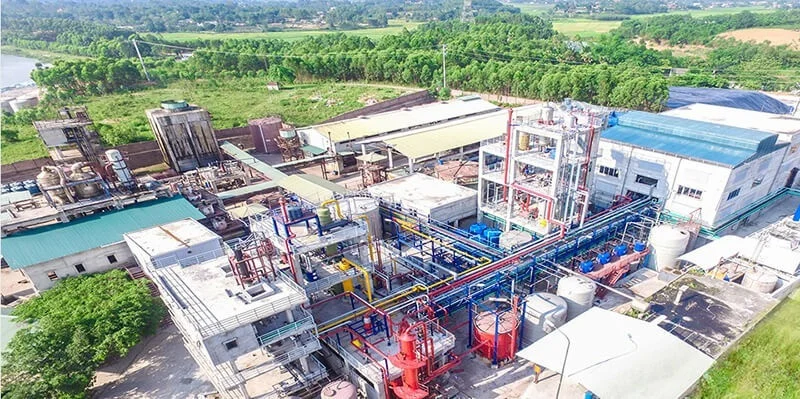
In general, using swimming pool water treatment chemicals is very important to ensure the water in the pool is always clean and safe for swimmers. It is not only required to choose the right type of chemical but also the correct dosage and usage method must be applied to achieve maximum effectiveness. Pool chlorine helps kill bacteria, viruses, algae, and other harmful agents in pool water while preventing disease spread.
Related Articles
The Benefits and Best Application of Using Liquid Chlorine for Pool Maintenance
Using liquid chlorine for pools is one of the most effective methods for ensuring the water remains ...
What is Chlorine? Properties and Applications of Chlorine Compound in Life
Chlorine is one of the simplest and most common compounds in chemistry. It was discovered in the ...
What is a Chlorine Oxide Compound? Properties and Applications of Compound in Life
Chlorine oxide is a gas used in extremely small amounts to disinfect water. It is a disinfectant ...
How To Clean Stainless Steel with Sodium Hydroxide
Stainless steel is a preferred material for many household items, from kitchen appliances to ...
Why is My Pool Water Green? Causes and Solutions
Pool water green is not just an eyesore but can also be a sign of potential health hazards. No one ...
The Importance of a Swimming Pool Cover and How to Choose
A swimming pool cover is one of the most essential equipment for your pool. A pool cover plays a ...

